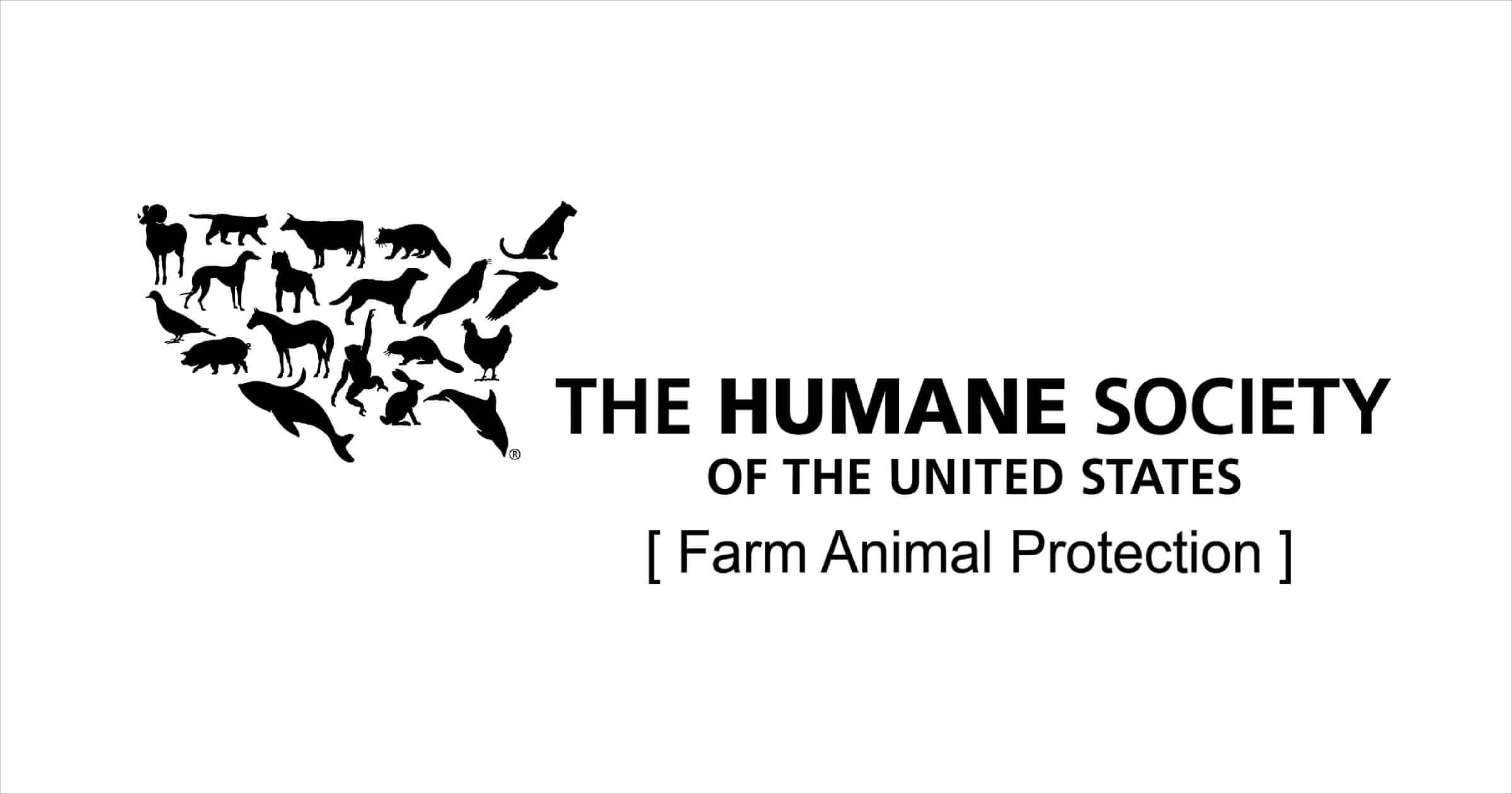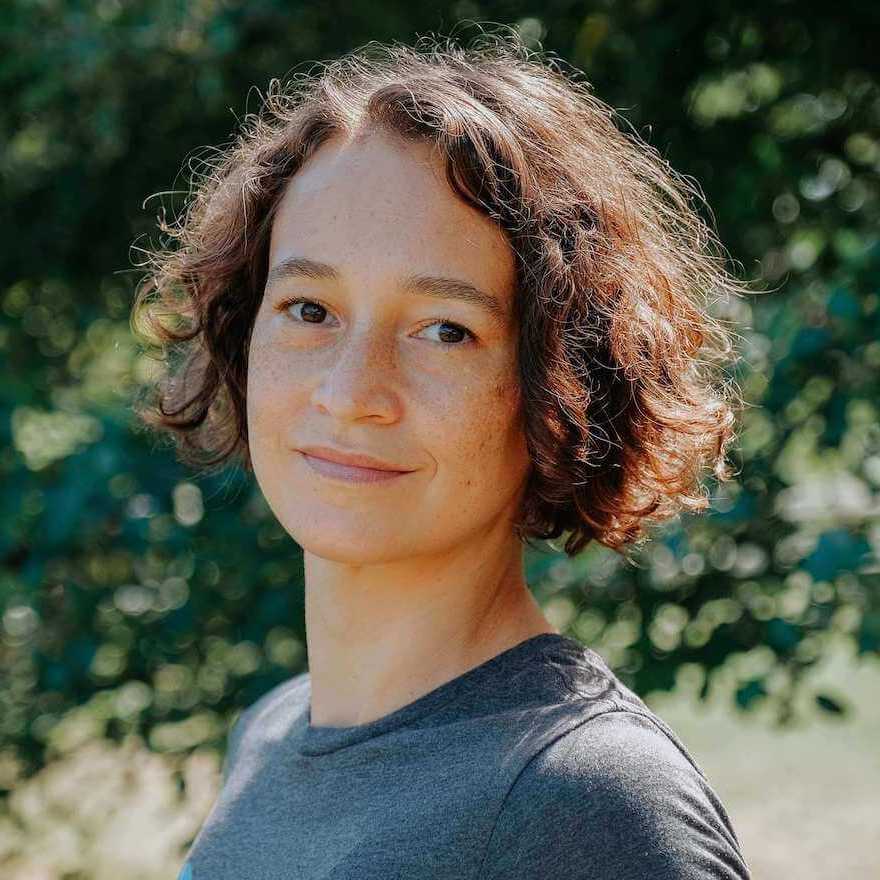ACE’s Decision to Rescind our Recommendation of The Humane Society of The United States’ Farm Animal Protection Campaign

In the past week, numerous serious allegations of misconduct have been reported regarding The Humane Society of the United States’ (HSUS) former President and CEO Wayne Pacelle and former vice President of HSUS’ Farm Animal Protection Campaign (FAPC) Paul Shapiro1 during their tenure at the organization. On February 1st, HSUS’ board made the decision to retain Pacelle as President and CEO despite these allegations, which were made against him by multiple named and unnamed women and vetted and reported by media organizations such as The Washington Post and The New York Times. Seven Board Members resigned in protest of the board’s decision, and Pacelle resigned the following day after donors and employees began to distance themselves from the organization. Because ACE considers strong, ethical leadership and a healthy work environment to be critical components of an effective charity,2 we have decided to formally rescind our 2016 Standout recommendation of The Humane Society of the United States’ Farm Animal Protection Campaign.
ACE has never before altered our recommendations outside of our annual evaluation process. This is because we take seriously our commitment to provide evidence-based recommendations, and we prefer to conduct our own comprehensive investigations before making any important decisions. In this case, however, multiple investigations of varying depth have already been conducted and numerous allegations are now public. We’ve already seen evidence that these issues have interfered with HSUS’ work, probably for at least several years. Some of the women involved in the allegations report that they left jobs at HSUS because of these issues, and donors, staff, Board Members, and other members of the animal advocacy community are responding to the allegations against Pacelle and Shapiro and to HSUS’ poor handling of those allegations. These reports and responses are the type of information we would seek in our own investigation, and although we have judged HSUS FAPC’s work to be promising in some regards, we cannot justify recommending any group whose leadership so dramatically fails to protect their employees.
We now believe that we severely misjudged the leadership and culture of HSUS and HSUS FAPC during FAPC’s most recent review in 2016. At that time, our investigations of leadership and culture relied primarily on information received from our designated contacts at each charity and our understanding of key leaders’ competence based on their past accomplishments.3 In the case of HSUS FAPC, the information provided by our contact focused primarily on leaders’ reputations for effectiveness within the animal advocacy movement and on general organizational policies. We knew that Shapiro moved from FAPC to another position within HSUS approximately one month before we published our review, but we were not aware that this reflected a problem with their workplace culture, nor did we know of other reasons to be especially concerned about the culture of HSUS and/or HSUS FAPC. We trusted leadership to provide an accurate picture of their workplace, and we now know that we were mistaken in doing so.
Since our 2016 evaluation season, we’ve updated our charity review process. We believe that these changes have significantly improved our ability to identify culture issues at the organizations we evaluate. We now contact non-leadership staff4 at each group we comprehensively review, inviting them to take part in confidential conversations about their experiences in the workplace and to provide their impressions of the organization’s response to incidents of harassment and discrimination.5 We were encouraged to find that many of the staff members we contacted during our 2017 charity evaluation process were forthcoming about both good and bad experiences with the organizations where they worked. Because we did not evaluate HSUS FAPC in 2017, we have not yet reviewed them using this procedure.
We believe that the changes we’ve made to our evaluation process will help us identify serious problems like those at HSUS sooner in the future. It is devastating that any animal advocates must work in conditions that are unwelcoming and threatening to them because of inappropriate behavior by their colleagues and/or supervisors and the failure of leaders who should be responding to prevent such behavior. We greatly appreciate the courage of the individuals who have spoken out publicly about their experiences of sexual harassment and misconduct at HSUS and in other parts of the animal advocacy movement. We stand with them, and with those who are not yet, or may never be, in a position to do so.
Shapiro has since held another position at HSUS, vice President of policy, from which he resigned on January 2, 2018.
Our charity evaluation criteria can be found on our website.
This was true not only for HSUS FAPC, but for all groups we comprehensively reviewed in 2016.
In this context we use “staff” as an all-inclusive word for employees, fellows, interns, and volunteers. While we prioritize speaking with employees, that is not always possible.
The notes from these calls are anonymized by the interviewer and edited by the interviewee before they are shared with any additional ACE staff.
About Allison Smith
Allison studied mathematics at Carleton College and Northwestern University before joining ACE to help build its research program in their role as Director of Research from 2015–2018. Most recently, Allison joined ACE's Board of Directors, and is currently training to become a physical therapist assistant.
ACE is dedicated to creating a world where all animals can thrive, regardless of their species. We take the guesswork out of supporting animal advocacy by directing funds toward the most impactful charities and programs, based on evidence and research.
Join our newsletter
Leave a ReplyCancel reply
Comments





Thank you for putting out this statement! Love that you’re always looking to improve processes! Could you comment on the (new) procedure for identifying a representative sample of staff to contact at each group?
Hi Allison! I’m happy to comment on that.
Firstly, I want to note that because we only spoke to a very limited number of staff at each charity, we know that there are some ways in which our sample was not representative. For example, if a charity has several offices in different countries and we spoke with two staff members, we know we didn’t speak to staff from each office. In general, we’re mindful that due to our small sample size there will be some aspects of balance and representativeness that we can’t assume we’ve achieved. To improve the chances that our sample will be representative in at least some meaningful ways, we do select staff to speak with through a modified random selection. Here’s how our Research Editor, who conducted these conversations this year, described that process in response to a similar question:
I conducted confidential interviews with two people from each comprehensively reviewed charity, except in two special circumstances in which I was only able to speak with one person. (One charity only had three staff members and no sufficiently involved interns or volunteers, so it would have been impossible to preserve anonymity if I had chosen two of those three. The other charity, which was also quite small, only had one staff member who was responsive to my invitation.) Confidential interviewees were selected randomly apart from two variables: (1) I tried to speak with staff members who had been at their respective organizations for at least one year (this wasn’t possible in every single case, but it was done as often as possible) and (2) I tried to speak with at least one woman at each organization (this also wasn’t possible in every single case, but it was done as often as possible). While I selected current or former employees at each organization when possible, it was necessary to speak to fellows, interns, and/or volunteers at some organizations—either in addition to or instead of employees. This is because some charities were volunteer-run, and others simply did not have a large enough staff to ensure anonymity if I had selected only from that small pool.